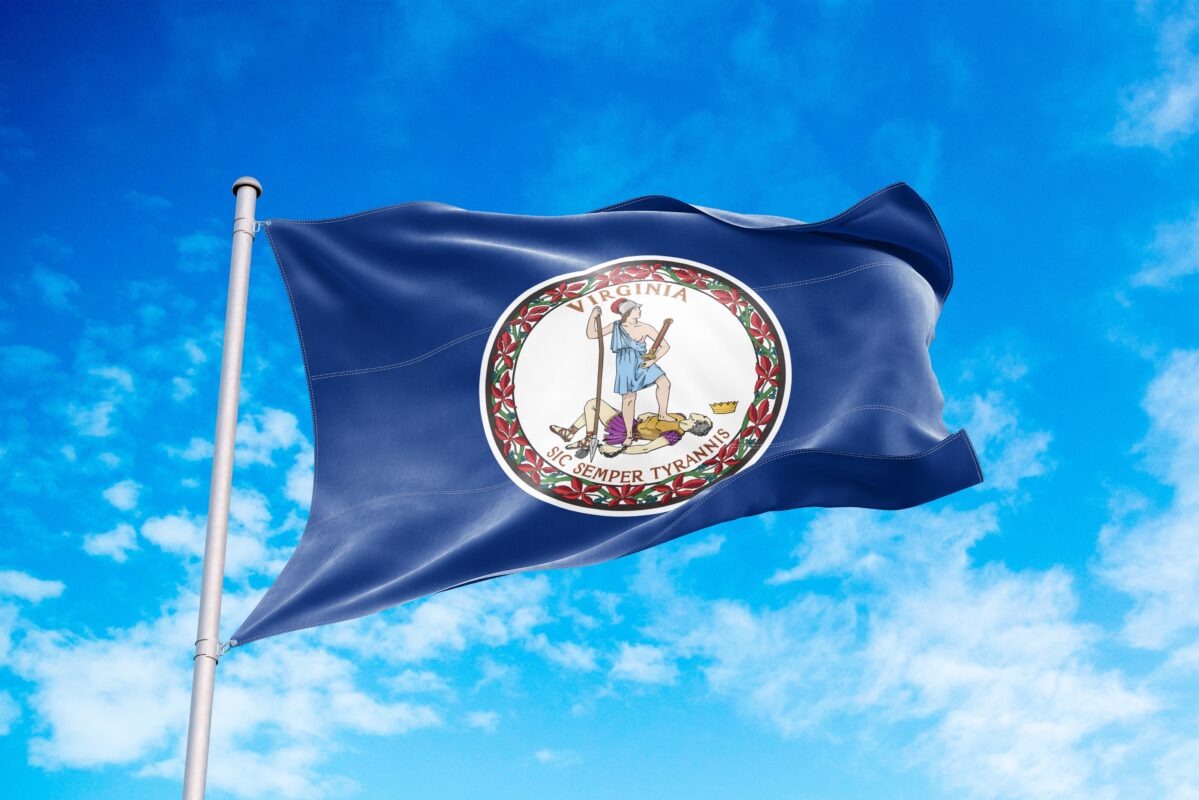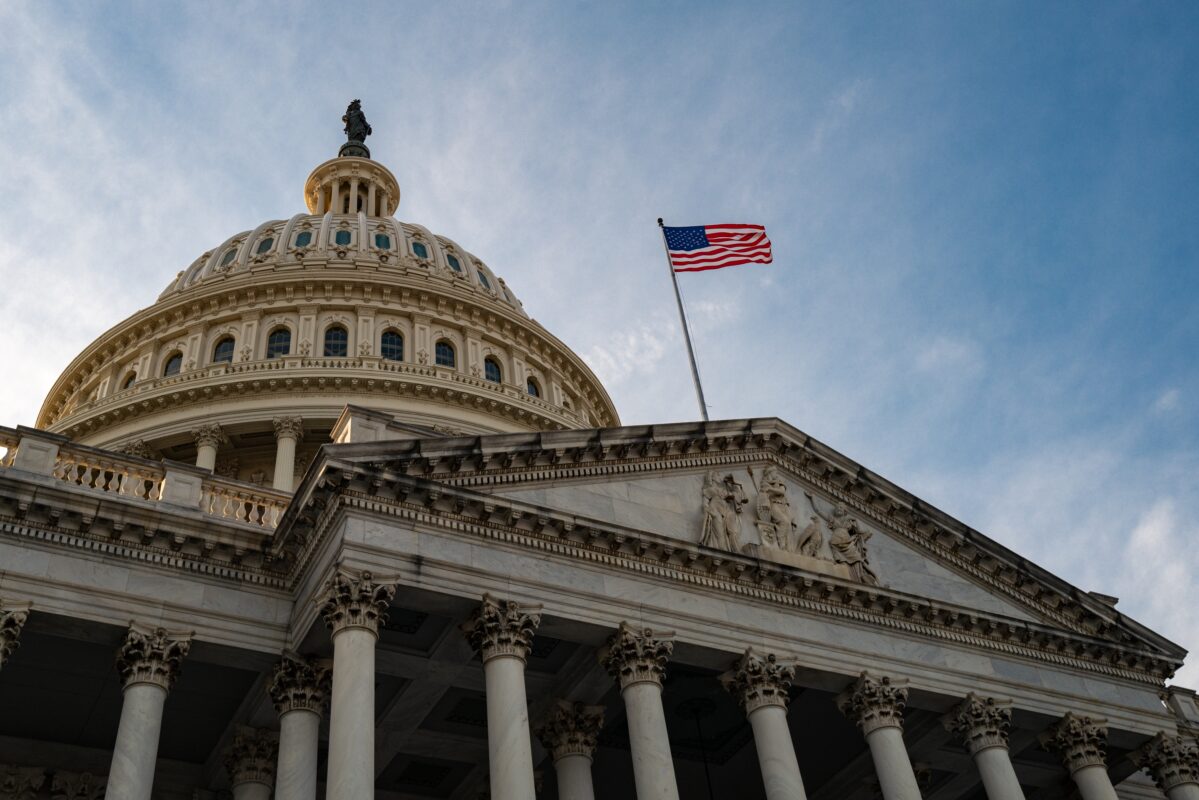Bill SB1458, sponsored by Arizona State Senator Nancy Barto (R), would waive licensure requirements for the Certificate of Clinical Competence in Audiology (CCC-A); recognize only American Speech-Language Hearing Association (ASHA) accredited educational programs; and add two speech-language pathology (SLP) assistants to the State Advisory Committee.
The Academy does NOT support the legislation as currently drafted. Reach out to your state representative and senator to express your concerns.
-
This legislation would add language to waive the components of audiology licensure for those applicants who hold “a Certificate of Clinical Competence in audiology from a nationally recognized speech language hearing association.” The Certificate of Clinical Competence in Audiology (CCC-A) is a voluntary certification program, wholly owned by a single association, the American Speech-Language-Hearing Association (ASHA).
-
This legislation would replace existing language that requires “a doctoral degree in audiology from a nationally or regionally accredited college or university in an accredited program consistent with the standards of this state’s universities” with “a doctoral degree in audiology from an accredited program recognized by the U.S. Department of Education.” There is another organization that accredits audiology programs in the United States, the Accreditation Commission for Audiology Education (ACAE). At this time, the ACAE does not accredit any audiology programs in the state of Arizona; however, audiology programs should have the option of being able to select ACAE accreditation and graduating audiologists who would meet this eligibility criteria. ACAE accreditation is nationally recognized by the Council for Higher Education Accreditation (CHEA). This language should not be changed; or it should include ACAE specifically or include only broader language that recognizes accredited programs recognized by the Department of Education (DOE) and CHEA.
-
This legislation seeks to add two SLP assistants to the Arizona Advisory Committee. The addition of two SLP assistants would provide disproportionate representation to the profession of speech-language pathology. In addition, SLP assistants are envisioned as working under the supervision of an Arizona state-licensed speech-language pathologist. Therefore, the representation of SLP assistants on the Advisory Committee can be adequately represented by the SLPs on the Committee.
Recent Posts
Celebrating the Leaders Shaping Audiology
Join us at AAA 2026 for a powerful and inspiring conversation with the Academy’s 2026 Honors and Awards recipients during a special interactive session. The…
Academy Files Rulemaking Petition in Virginia: Public Comment Period Open
Earlier last year, the Virginia Board of Audiology and Speech-Language Pathology finalized regulatory changes intended to streamline licensure by removing direct ties between certification and…
Congress Needs to Hear From Audiologists on Student Loan Access
The Professional Student Degree Act, H.R. 6718, introduced by Representative Michael Lawler (R-NY), was introduced in mid-December. This bill reaffirms audiology’s status as a professional…


